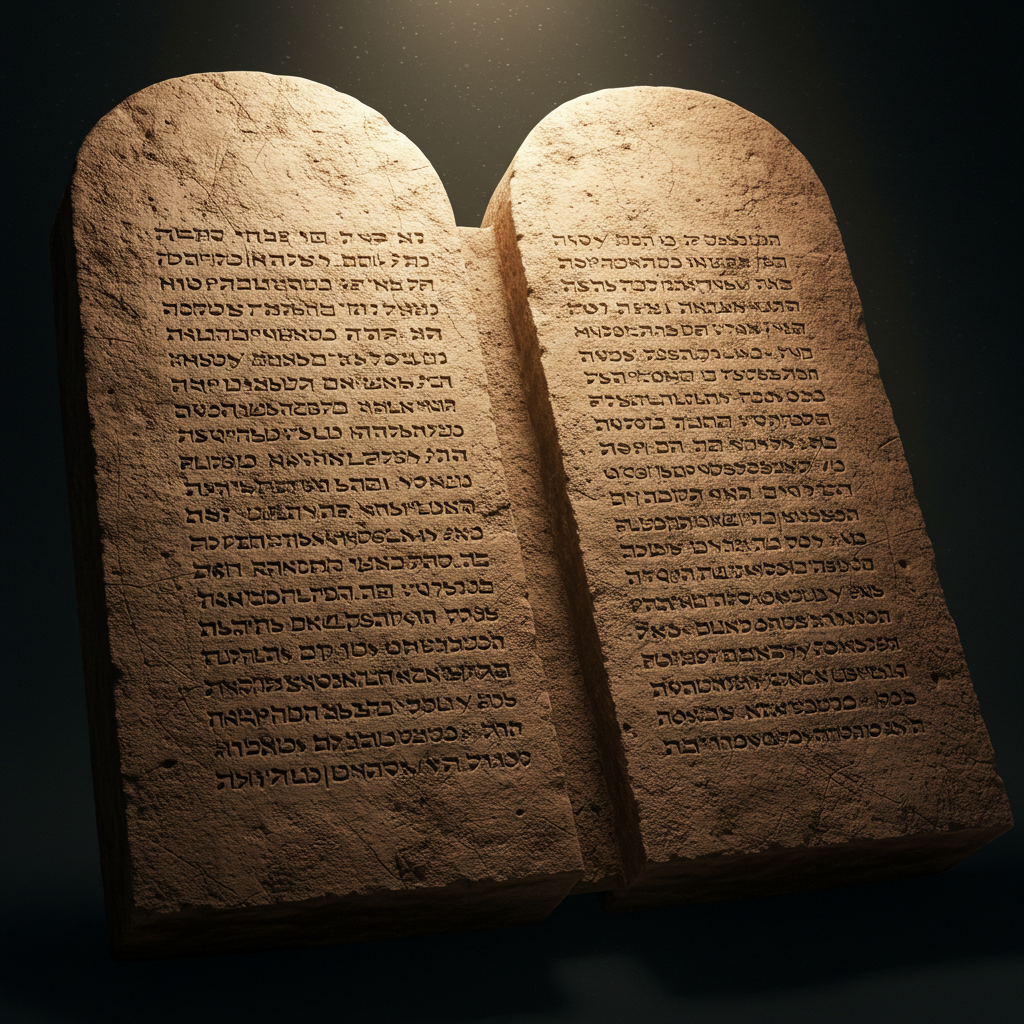The Law of God: What you need to know
By Caribbean Skies | Views: 4206

Perhaps the most quoted passage of scripture, used by those who would have people believe that the law of God has been abolished is found in Colossians 2: 14.
In Col. 2: 13-14 we read: "And you, being dead in your sins and the uncircumcision of your flesh, hath he (Christ) quickened (made alive) together with hm, having forgiven you all trespasses: Blotting out the handwriting of ordinances that was against us, which was contrary to us, and took it out of the way, nailing it to the cross
Now, is the Bible a book of confusion? Is God's law against us? Is the law which says: thou shalt not kill against us? Certainly not! So then, what is this Passage of scripture saying? We can find the answer in your Bible so let us diligently search the scriptures.
You know, it is quite easy to read into the scriptures our own interpretation. The scripture of Colossians 2:13-14 does not say that the "Ten Commandments" were nailed to the cross. This scripture in fact says that: "the handwriting of ordinances [written ordinances]" was blotted out and nailed to the cross! The written ordinances are a separate set of laws from the Ten Commandments.
The very first place you find the word "Ordinance" is in the book of Exodus chapter twelve and it is in the context of the "Feast of the Passover." If you read from verse one of Exodus twelve through to verse thirteen (Ex. 12: 1 -- 13) you will see that God is instituting the "Passover" and He gives instructions on how and when to choose the "Passover" lamb, how it should be killed and how it must be taken.
But as you get to verse fourteen (Ex. 12: 14) we read: "And this day (day of the Passover) shall be unto you for a memorial; and you shall keep it a feast to the Lord throughout your generations; you shall keep it a feast by an ordinance forever."
In 1 Cor. 11: 1-2 Paul says: "Be ye followers of me, even as I also am of Christ. Now I praise you, brethren, that you remember me in all things, and keep the ordinances as I delivered them to you". Then in verse seventeen (1 Cor. 11: 17) he says: "Now in this that I declare unto you I praise you not, that ye come together not for the better, but for the worst." He then chastises them for the division, gluttony and drunkenness among them when they come together for the Lord's Supper/Passover (verses 18-23). Notice that Paul started off praising the church for keeping "the ordinances" exactly as he taught them. But he chided them for the undisciplined way they eat and drunk the bread and the wine - body and blood of Christ -- during the observance of the pass over (1 Cor. 11: 20 -- 23).
Please Login to make a comment.



No Comments Yet.